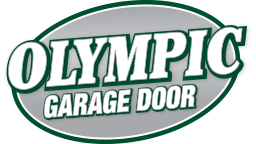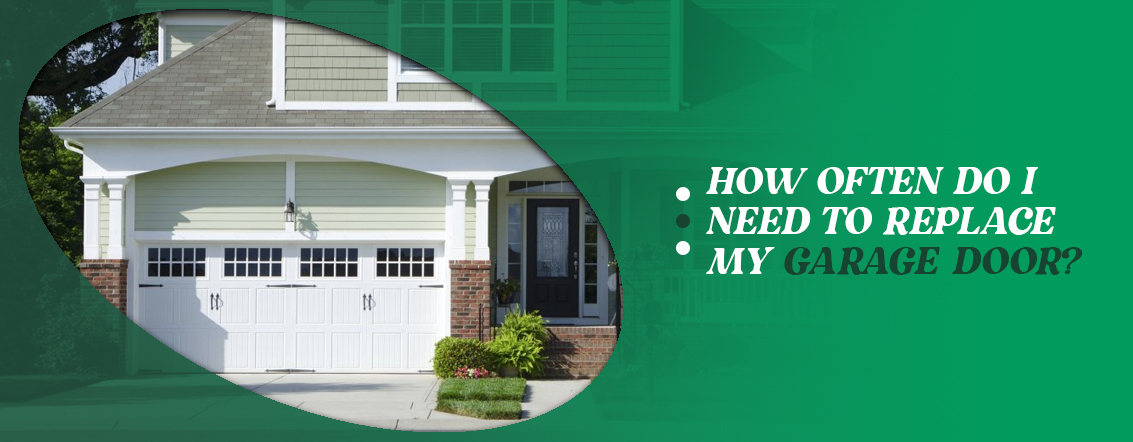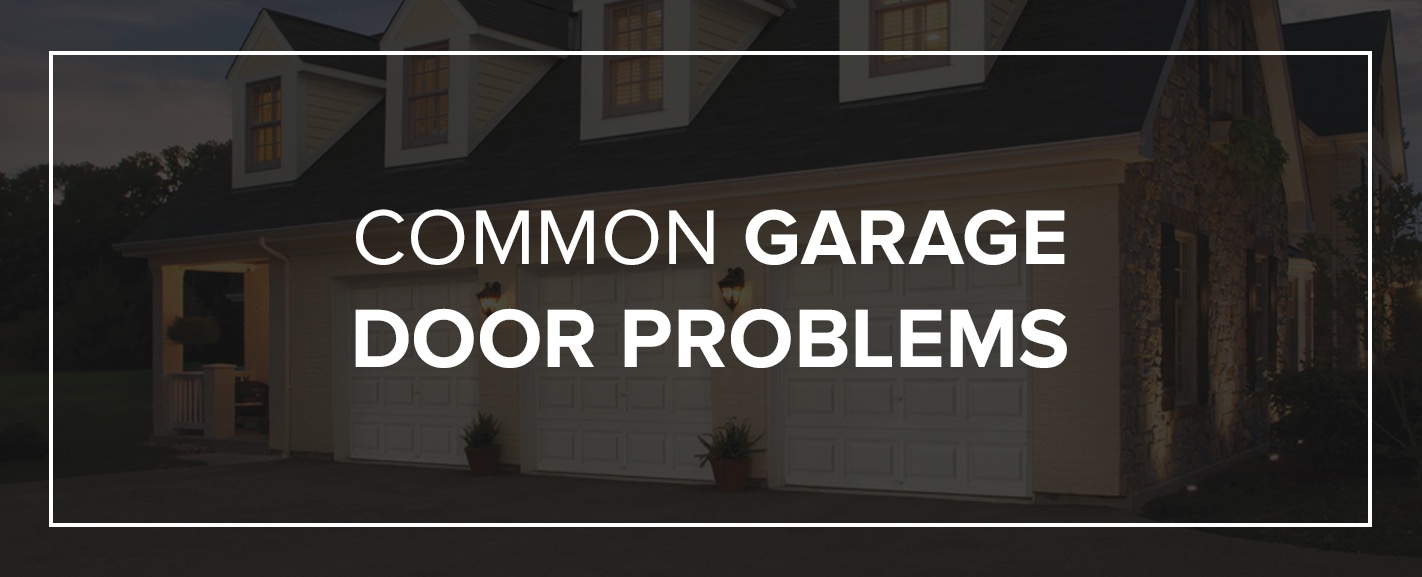Guide to Garage Door Lubrication
Guide to Garage Door Lubrication
A Guide to Garage Door Lubrication
Garage doors are easy to take for granted until they start squeaking, grinding or getting stuck. The good news is that a little upkeep can go a long way. One of the best ways to keep things working the way they should is regular lubrication. It’s quick, it’s simple and it can help prevent bigger problems down the line.
In this guide, we’ll explain how to lubricate a garage door, which parts need it, how often to do it and when it might be time to bring in a pro. And if you ever want to talk it through in person, our showroom is always open.
Why Garage Door Lubrication Maintenance Matters
Garage doors are built to last, but they have many moving parts. Over time, things like hinges, rollers and springs start to wear down. Lubrication helps reduce that friction, so your door operates more quietly and doesn’t strain your opener. It also helps prevent rust and keeps everything running efficiently.
Regular lubrication can:
- Cut down on noise, like loud squeaks and thumps.
- Keep your opener from working harder than it needs to.
- Help parts last longer.
- Give you an early opportunity to catch wear or damage.
How to Lubricate Garage Door Springs and Other Parts
It’s best to leave garage door lubrication to professionals who have the products, tools and experience to do it right. The steps include:
- Picking the right lubricant: A silicone-based or lithium-based spray, like a white lithium grease, is best. WD-40 is more of a moisture inhibitor and a degreaser, so it goes against the point of lubrication.
- Starting with a clean door: It’s important to wipe down rollers, hinges and tracks with a dry cloth to remove dust and debris.
- Applying the lubricant: The next step is spraying key components, like the rail, hinge pivot points, springs, bearing plates, rollers, pins, pulley disc and mid-hinges — but not the track, since lubrication there could cause slippage.
- Opening and closing the door: Opening and closing the door a few times spreads the lubricant around evenly.
- Wiping up the excess: The final step is to wipe off the excess from most parts with a paper towel or rag. It’s best not to wipe the rail and the springs, where the lubricant needs time to penetrate effectively.
How Often to Lubricate Garage Door Parts
We get this question a lot. For most people, twice a year is perfect — once in the spring and once before winter. If your garage door gets a lot of use or if you live in a damp or salty climate, you might want to do it every two to three months instead.
When to Call in a Professional
If you’ve kept up with lubrication but your garage door still isn’t moving as it should — or it’s making unusual noises — it’s time to get it looked at by a professional. Sometimes the problem isn’t friction. It could be worn-out springs, a misaligned track or an issue with the opener.
Olympic Garage Door offers full-service repair and maintenance for residential and commercial garage doors. We never sub out our work. Everything’s done by our own trained, licensed and insured technicians who know our products inside and out.
What Sets Olympic Garage Door Apart?
We do things a little differently at Olympic Garage Door. Our goal isn’t to just fix your garage door. We want you to feel confident about how it works, how it looks and who’s working on it.
Other factors that set us apart include:
- Real people offering real support: Our professional showroom is open and fully staffed, so you can come in, ask questions and see your options up close.
- The brands we stand behind: We carry Clopay® and LiftMaster products that are dependable and long-lasting.
- Site visits beforehand: Before we start a project, we’ll visit your home or business to get a clear understanding of the space and what you need.
- Everything under one roof: We handle garage door and opener sales, installation, service, repairs and parts all in one place.
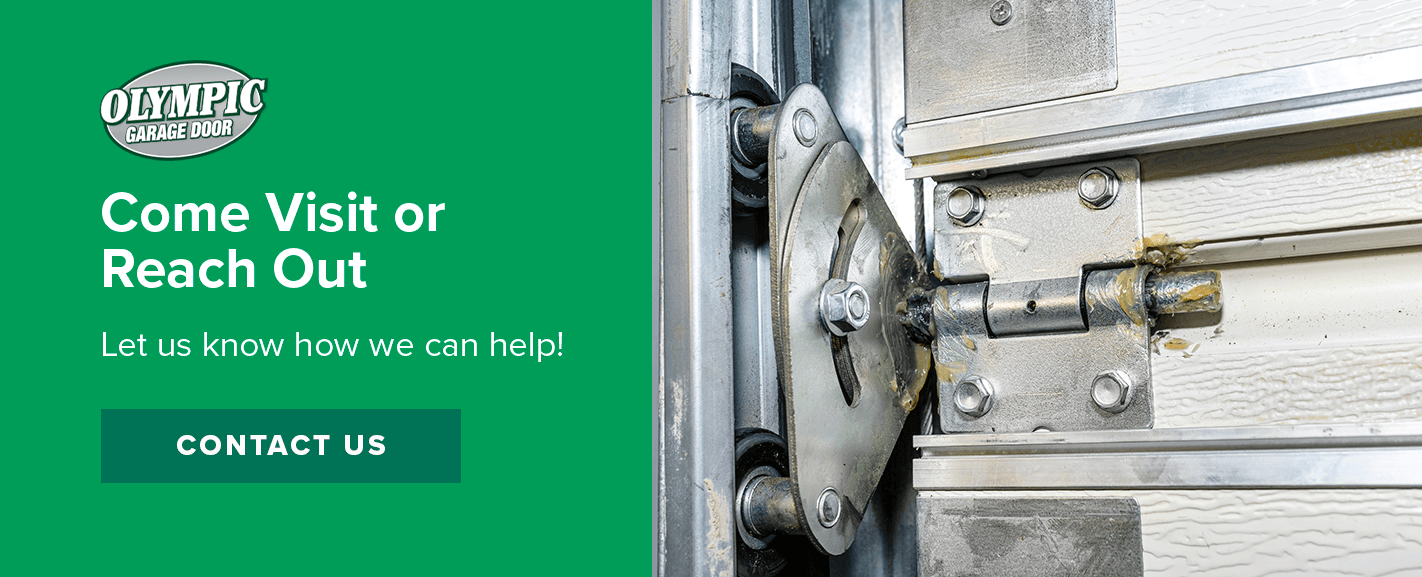
Come Visit or Reach Out
Let us know how we can help! You can visit the showroom, give us a call or schedule an appointment at your home or business.
From garage door lubrication maintenance to full replacements and opener upgrades, Olympic Garage Door offers honest advice, expert work and high-quality products. Let us know how we can help!
The Importance of Professional Installation for Commercial Garage Doors
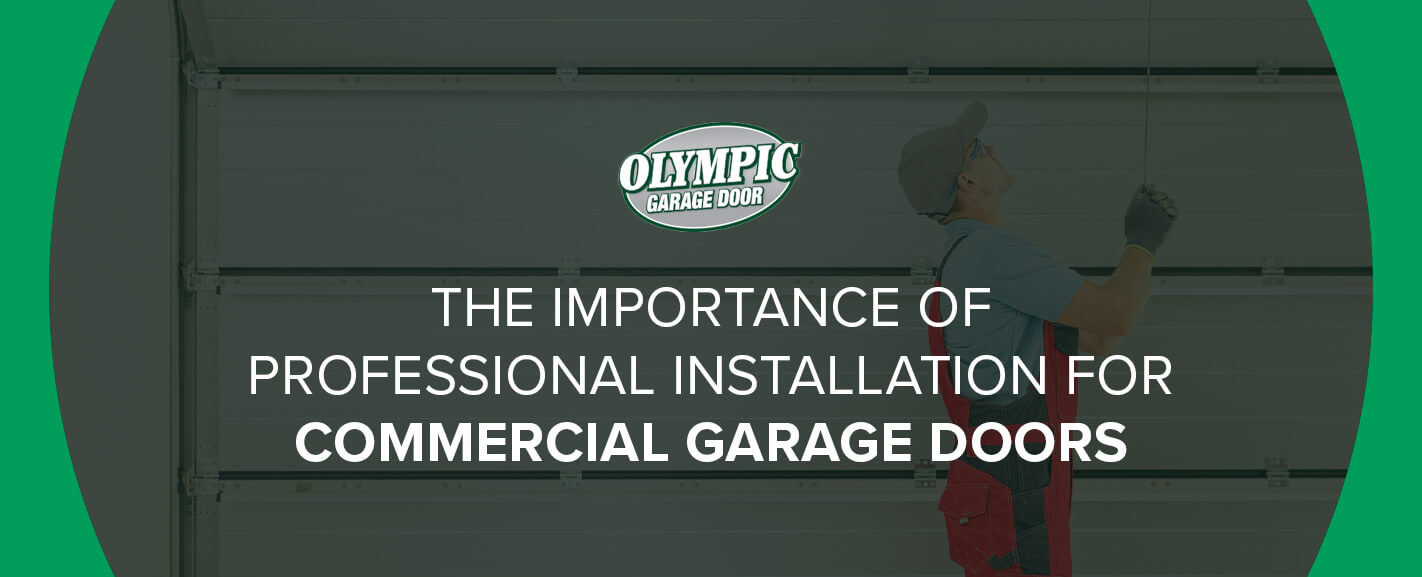
If you run a business anywhere on the Olympic Peninsula, you know that smooth operations and reliability go hand in hand. One element that’s often underestimated is your commercial garage door. It’s more than a way in and out. It’s part of your security, efficiency and first impression. When installed properly, it works seamlessly in the background. When it’s not, it becomes a constant headache.
The Benefits of High-Speed Garage Doors for Commercial Use

When it comes to running a business, every second counts. This is especially true for industries that rely on loading docks, service bays or controlled environments. High-speed commercial garage doors are designed to move quickly and reliably, so your operations never skip a beat. These aren’t just doors — they’re performance tools that help you work smarter, safer and more efficiently.
Why Is My Garage Door Making Noise?
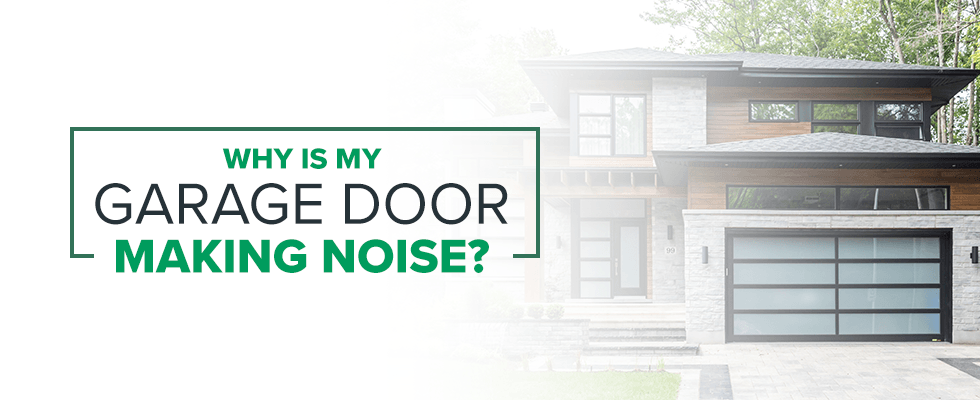
A well-maintained and high-quality garage door should run smoothly and quietly. Over time, however, even the best doors inevitably face wear and tear that can lead to strange noises. Dealing with a loud garage door? Try some of these tips to identify the issue and troubleshoot a solution.
How to Select the Right Garage Door Color
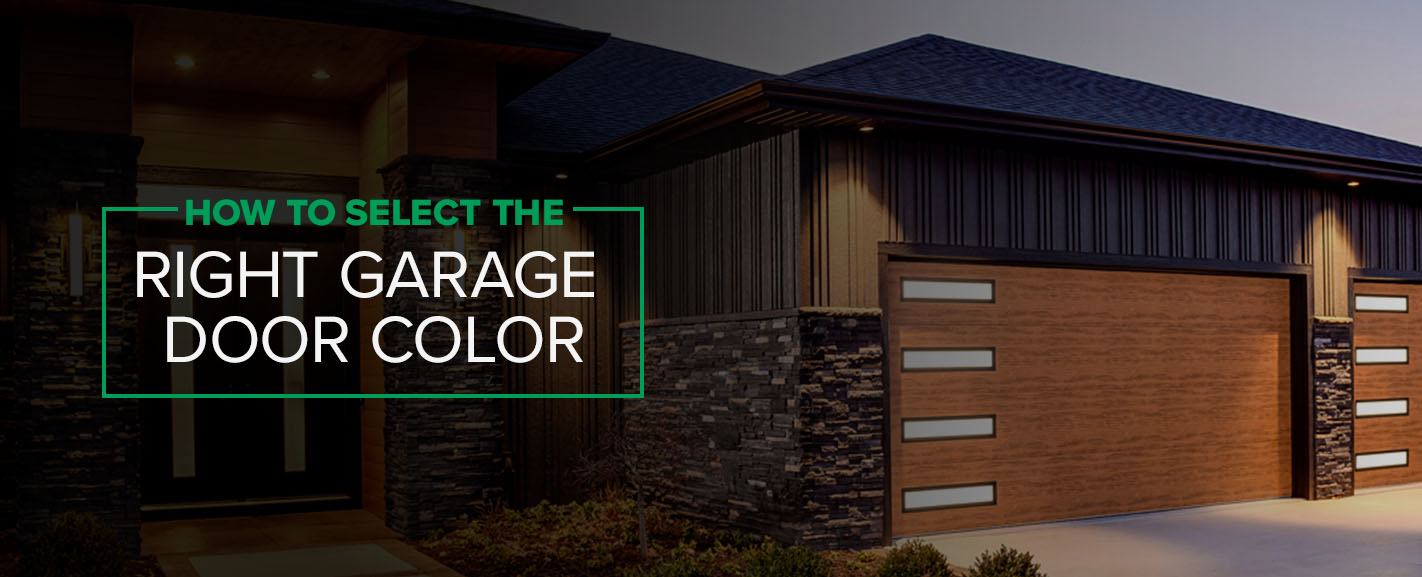
Your garage door is a major part of your home’s aesthetic, which is why it’s important to choose the best color to blend effortlessly with the style and appeal you want your home to provide. When choosing garage door paint colors, you don’t have to match them to the color of your front door or the rest of your house. Try complementary hues for a look that still works without needing to match.
How to Secure a Garage Door From Break-Ins
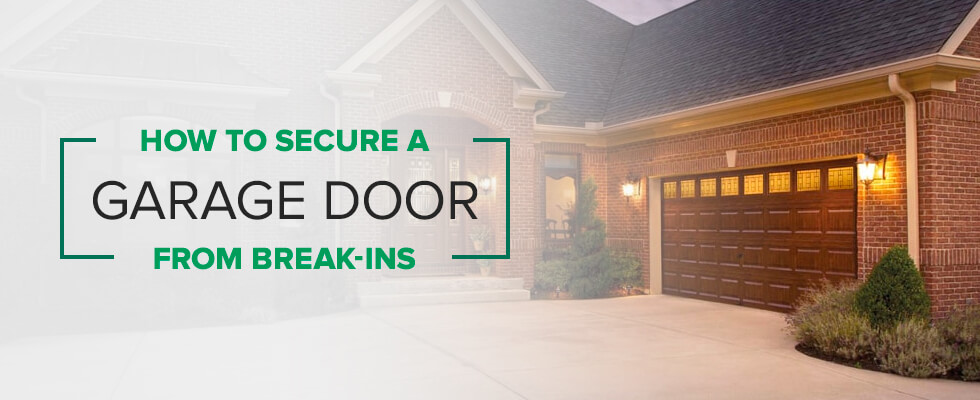
Unsecured garage doors are a burglar’s dream! Studies show that 9% of burglars will break in through the garage. The garage is a common entryway among burglars and serves as a direct portal to tons of expensive tools, equipment and vehicles. The garage also provides a level of seclusion from onlookers. Burglars know that many homeowners and commercial business owners don’t pay close attention to securing their garage doors.
How Often Do I Need to Replace My Garage Door?
You can go for years without needing to replace your garage door. Your garage door will last longer if you clean it and follow the manufacturer’s instructions for taking care of it. If you perform maintenance work at least once a year, a garage door’s lifespan can extend to up to several decades and also increase your home’s value. If you’re having problems with your garage door, though, consider getting it replaced.
Common Garage Door Problems
If you’re like most homeowners, there’s a good chance you take your garage door for granted. As long as it goes up and down when you need it to, you probably won’t think about it all that much.
Then, one day, you walk out to the garage to leave for work.
You hit the button on the garage door opener, but nothing happens.
You press the button again.
Still nothing.
When your garage door doesn’t do what you want it to do, it’s easy to become frustrated. However, garage door troubleshooting doesn’t have to be stressful. When you encounter problems with your garage door, it’s often one of six common automatic garage door problems. In many cases, there’s a simple solution. Knowing what you’re looking at can put your mind at ease and help you find a professional garage door repair company to quickly fix the problem and prevent safety issues.
- Most Common Problems With Garage Doors
- General Garage Door Maintenance Tips
- What’s Wrong With Your Garage Door? FAQ
- Professional Garage Door Service and Repair
- Garage Door Issues? Let Olympic Garage Door Help
Most Common Problems With Garage Doors
Although each door is different, there are definitely some common garage door problems that occur among homeowners everywhere. These garage door issues include the following.
1. Garage Doors Won’t Close All the Way
Does your door go halfway down and then get stuck? Maybe it only opens slightly before jamming? In either case, this issue can be the first indication of a problem. One of the more common reasons garage doors stop halfway is due to a bent, crooked or misaligned track. Worn-out and broken springs are another concern. Otherwise, there could be an obstruction near the sensors.
2. Broken or Old Door Springs
Garage doors move up and down thanks to their springs. There are two types of garage door springs: extension and torsion springs. Torsion springs are located above the door in the center. Extension springs are located above the tracks. Most residential garage systems have one torsion spring, while garage doors with extension springs have two springs on either side of the tracks.
If the spring breaks, then your door can’t move. If you’re home when this occurs, you’ll know the spring broke because you’ll hear a loud sound that mimics that of a firecracker. If you weren’t home when the spring broke, you’d still be able to identify the problem because you’ll likely be able to see the spring hanging down.
In some cases, the springs may not break, but they may become stretched out over time. When this happens, you might notice that the door doesn’t stay open or goes up and down slower than it should.
3. Worn Rollers and/or Bearings
If you hear a popping or squeaking sound when your door moves, there may be a problem with the door’s rollers. The popping sound indicates that the rollers may be worn out, while the squeaking indicates that the rollers and bearings need to be lubricated. Bearings are located near the tracks above the door and near the torsion spring in most systems.
4. Obstructed Photo Eye Sensors
Photo eye sensors are installed as a safety feature to prevent your garage door from closing on top of objects or people standing in the door’s path. These door sensors do a lot to protect your family and your vehicles, but if they malfunction or become blocked, they can prevent your door from closing properly.
5. Garage Door Opener Problems
Sometimes, the problem may not be with your garage door. Rather, it’s with your garage door opener. There are several common garage door opener problems you may encounter. There could be a problem with the remote batteries or a problem with the opener’s transmitter. If your door doesn’t open at all, it might be a sign that your garage door opener is to blame.
General Garage Door Maintenance Tips
Preventive maintenance can keep your garage door system in good working order. Ideally, you should devote some time to maintenance at least once a year. Otherwise, you can reach out to professional technicians to handle maintenance for you.
Lubricate Moving Parts
Wipe the tracks to remove any debris that could cause a blockage. When the tracks are clean, you can apply a lithium- or silicone-based grease product to the door tracks and roller system to keep these components moving smoothly. The hinges, armbar and bearing plates will also need routine lubrication. A well-lubricated garage door system works efficiently and quietly.
Tighten the Hardware
Over time, the constant movement of the system can loosen certain parts. Bolts and brackets can loosen, causing a rattling sound when the door is in motion. Regularly inspect the hardware and tighten loose bolts and brackets with a socket wrench. Be careful not to tighten these parts too much, as this can strip the bolts.
Perform a Balance Test
An off-balance garage door is at risk of failing completely. This issue can also strip the hardware over time, causing damage. Routinely performing a balance test is an easy way to ensure your garage door is in good working order.
Start by closing the door and then disconnect it from the automatic opener. Then, lift the door halfway manually and release it. If the door remains in place, it is balanced. If the door slips down, even slightly, it is off-balance. If this is the case, you must contact a repair service to correct the issue.
What’s Wrong With Your Garage Door? FAQ
Garage doors can be rather predictable when it comes to their problems. Although we never recommend that you undertake major repairs on your garage door or opener, there are some simple solutions to common garage door issues that can help you troubleshoot the problem quickly.
1. Why Won’t Your Garage Door Close?
One of the most common problems homeowners encounter with their garage doors is a door that’s stuck in the open position. The first thing to check when this happens is the photo eye sensors. If the eyes of either sensor are dirty, they won’t be able to send signals. Use a damp cloth to wipe them clean. You can also use a mild streak-free glass cleaner.
If you’ve cleaned the eyes, but the door still won’t budge, then inspect their alignment. The sensors should be bolted into place on either side of the garage door. If a bolt has come loose or something has knocked them out of alignment, they may not be in a position to work. If the sensors are not aligned, try manually moving the devices back into place. The sensors should face each other in alignment to send signals.
In some cases, if your garage door is not closing with the remote, there may be an issue with the remote. More about that later!
2. Why Does Your Garage Door Go Back Up?
The photo eye sensors mentioned earlier can also cause your garage door to stop and go back up partway through closing. The photo eye sensors are designed to sense objects and people in the door’s path and stop the door from closing on them. When they stop the door from continuing its downward path, they automatically send it back up. This is a valuable safety feature and is also easy to correct.
If your door is only closing part of the way and then going back up, there may be something in the path of the door. In some cases, it may be obvious, such as a bike or other outdoor equipment. However, photo eye sensors are designed to be sensitive to all sorts of objects, so sometimes the offending object might not be so obvious. Depending on your sensors, they can also become obstructed by mud, leaves and other yard debris. Or, if dirt builds up on the lenses, they may interpret the dirt as an object in the door’s path.
Clear all leaves and debris away from the threshold of your garage door. Clean the lenses as well.
If you’re sure that there’s nothing blocking your sensors, then inspect the door’s track. Sometimes, there can be buildup on the track that prevents the door from operating properly. You can clear buildup with a damp rag. It’s also a good idea to periodically wipe down your garage door’s track to prevent this issue from happening in the first place.
3. Does Your Garage Door Need Repairs?
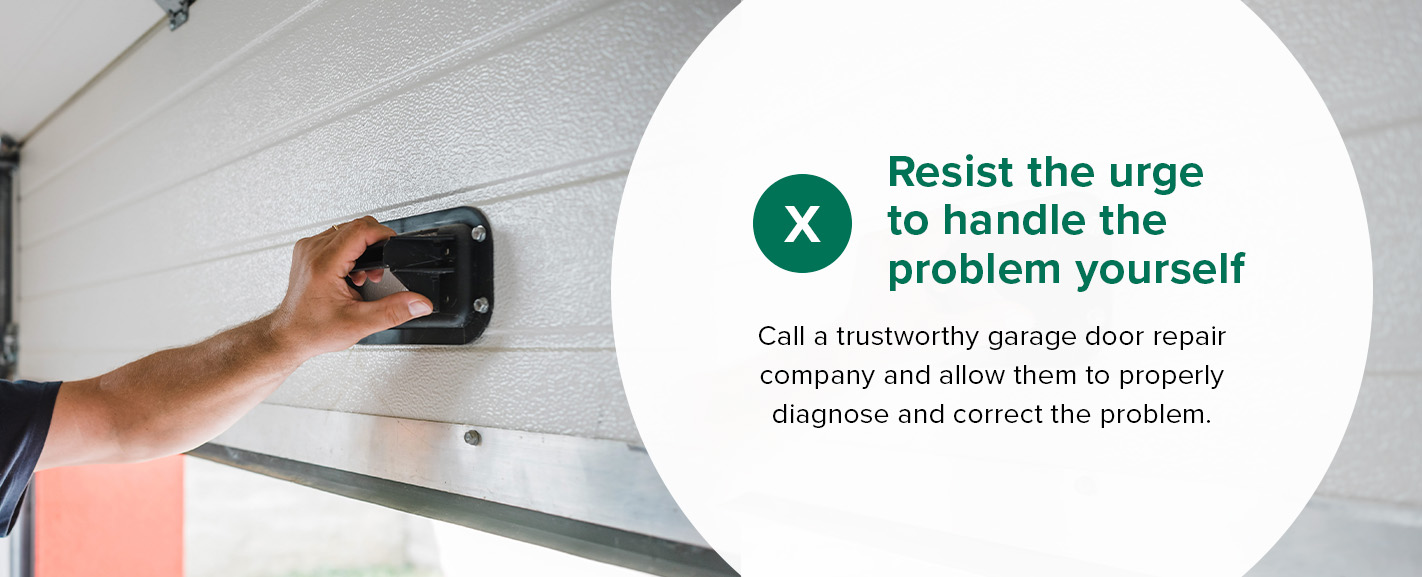
If your door is stuck in the open or closed position without a clear explanation, such as a need for new batteries in your remote transmitter or an object blocking the door’s photo eye sensors, then yes, it needs to be repaired.
Other clues that your door requires repairs include:
- Broken or worn-out torsion springs.
- Screeching or squeaking noises when the door is in motion.
- Bent rails.
- Broken cables.
- Visible damage like warping or cracks that disrupt movements.
If you suspect any of these problems, don’t try to repair the problem yourself. Although the thrill of DIY can be tempting, at-home garage door repairs are dangerous. Even with the best of intentions, you could accidentally injure yourself or someone else because you aren’t prepared for any and all scenarios. Resist the urge to handle the problem yourself. Call a trustworthy garage door repair company and allow them to properly diagnose and correct the problem.
4. Is Your Garage Door Off-Balance?
The best way to test the balance of your garage door is to disconnect the garage door from the automatic opener. Then, manually lift the door a few feet off the ground. If the door is balanced, the springs will support it enough to stay in place or slowly coast back into place. If it’s off-balance, it will quickly slide back down as the door closes. Don’t go more than a few feet in the air before you let go because an unbalanced door will slide quickly, and you don’t want it to crash to the ground from a significant height.
5. Do You Need a New Garage Door?
If maintained properly, the average garage door can last between 15 and 30 years, depending on a few factors like maintenance and quality. Proper maintenance means keeping the door and the tracks clean and free from dirt and debris. It also means addressing any dents, cracks or other issues in a timely fashion. If your door is nearing the 30-year mark, then it’s a good idea to have a professional garage door company perform maintenance on the door. They can alert you to any issues they find and also give you a heads-up if they suspect your door will need to be replaced soon.
In some cases, your door may still be in good working order but be contributing to higher-than-necessary energy costs. This may be the case if your door isn’t insulated. In some cases, you may save money in the long run by replacing your older door with a newer, insulated model. When combined with other energy-saving measures, an insulated garage door can lower your energy costs and keep your home’s interior at a more comfortable temperature throughout the year.
In some cases, garage doors just don’t make it that long. The material they’re constructed from, frequency of use and the weather in your area are all big factors in determining the life span of your door. In general, it might be time for a new garage door if:
- Your garage door has cracks or dents that can’t be repaired and get worse each year.
- You find yourself putting a garage door repair company on speed dial because your garage door malfunctions a lot.
- Your door’s appearance is outdated.
- Your garage door predates certain important safety features, such as photo eye sensors.
Another great reason to replace your garage is to improve your home’s curb appeal. Replacing the garage door is a budget-friendly way to make major exterior improvements to your home. This can be especially important if you’re preparing to sell your home because, on average, replacing your garage door offers a 102.7% return on investment, ensuring you can recoup more than you spend through a higher resale value.
6. Why Is Your Garage Door Opener Not Working?
If your door won’t open and you’re sure it’s not the door itself, you first need to check the batteries in your remote. In many cases, the batteries may just need to be replaced.
Sometimes, the opener may not work if you’ve tried to activate it with the remote when you’re too far away from your garage. Depending on the remote you’re using, you may have to be in front of your driveway before activating the opener.
If you’re sure it’s not the remote, then take a look at the antenna on your garage door opener. It should be hanging down from the motor with nothing blocking it. Also, inspect it to make sure it hasn’t been damaged in some way.
If none of these common garage door opener problems appear to be the culprit, then you can reset the transmitter. Consult your owner’s manual for this.
If your garage door opener is older, you may also want to schedule maintenance with a professional garage door repair technician. They can identify any issues you might have missed or tell you if it’s time for a replacement.
Professional Garage Door Service and Repair
When it comes to garage door repair, it’s important to leave it to the professionals. Experienced garage door technicians have the expertise and all the right tools to handle these complex repairs. Even though you might find a lot of seemingly straightforward DIY tutorials online that can tell you how to replace a broken garage door spring or realign an off-balance door, these tasks require specific tools and skills.
Besides that, professional garage door repair can be a big timesaver to help you keep your garage door operating. When you hire a professional to complete the work, they can identify the problem and have your door functioning again in a fraction of the time it would take you to troubleshoot and fix the problem.
Garage Door Issues? Let Olympic Garage Door Help
If you’re like the majority of Americans, your garage door is your home’s main entrance and exit. If it’s not working properly, it can disrupt your day-to-day activities. Fortunately, fixing a broken garage door doesn’t have to be stressful. Serving local communities including Port Angeles, Sequim and Port Townsend, Olympic Garage Door is dedicated to offering high-quality service for garage doors and openers of all makes and models.
If you’re considering investing in a new garage door, we’ve got that covered, too. We have the Olympic Peninsula’s largest selection of contemporary and classic garage doors and accessories. Our expert sales representatives are ready to help you find the right garage door for your home and your budget.
Don’t let a troublesome garage door get in your way. Contact Olympic Garage Door today for commercial and garage door maintenance and services.
How to Open a Garage Door Without Power
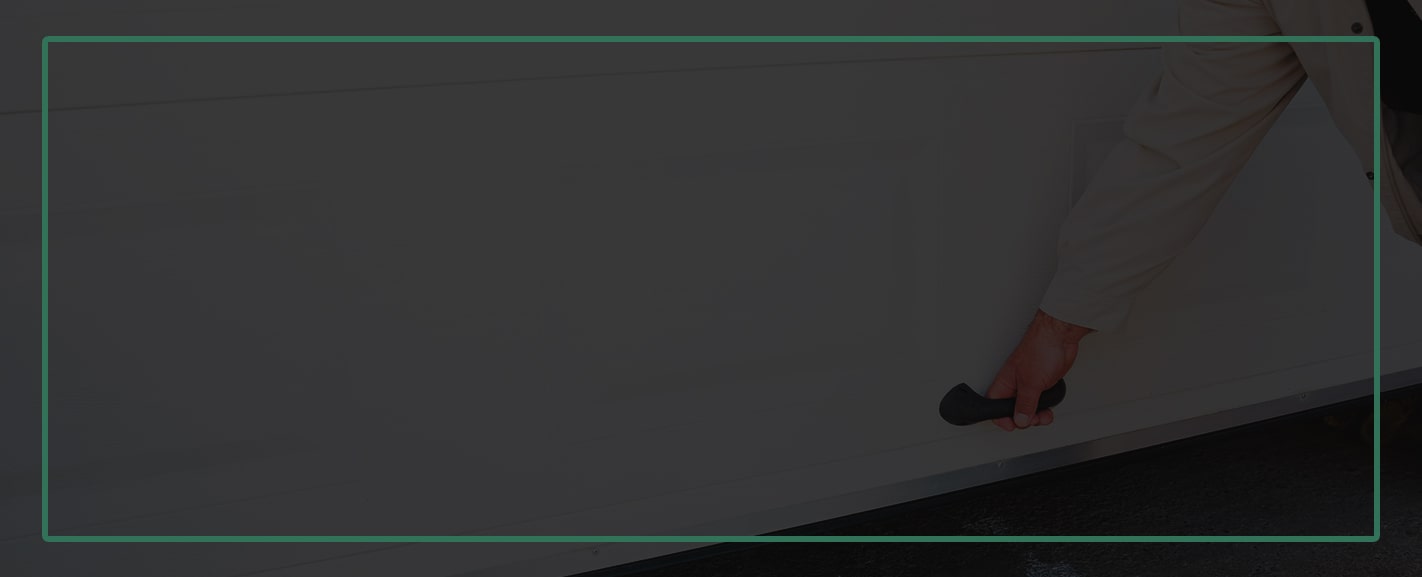
Coming home to a non-functioning garage door can be incredibly frustrating. Whether it’s a dead battery in your remote or a power outage, you should know how to open and shut your garage door manually. You don’t want your vehicle to get stuck in the garage, unable to leave, while you wait for a maintenance specialist. To open the door successfully, you’ll need to know the common causes, standard procedures and safety tips to open a garage door on your own.
